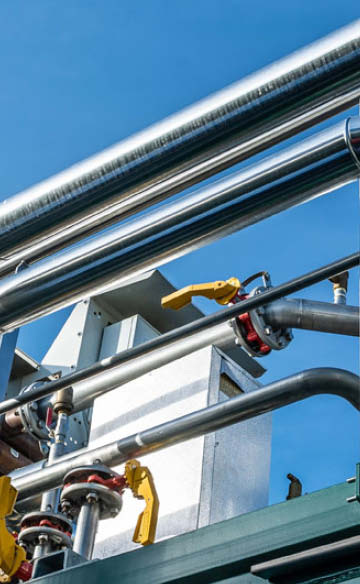Veuillez accepter les cookies "marketing" pour voir cette vidéo.
Essential for the environment, renewable energies are also a real wealth for the territories. This is the case of wind power, solar power and green gases, which make it possible to develop all local resources. With the key, the creation of jobs, income, and new industrial and territorial ecosystems!

Regions: the place to be
Our country's target for carbon neutrality by 2050 obviously applies to regions. But the challenge is so much more than an obligation - it also offers many opportunities for regions to (re)vitalise their economic growth, their jobs, their appeal, etc. Read all about it
Video : How to make the energy transition desirable for all? What governance should be invented to make it acceptable? (in French)

Green hydrogen, a local and renewable energy
Hydrogen is an ultra-light gas that can be used to fuel cars, trains and ships without producing any pollution at all. Could hydrogen be the missing link of carbon neutrality? At ENGIE, we are convinced that it is.
Five reasons to believe in hydrogen

Biomethane: the asset of regions for a carbon-free economy
In an era where decarbonisation and the search for reliable and sustainable energy production solutions have taken the centre stage, ENGIE is betting more than ever on biomethane; a renewable energy with numerous advantages. As such, the Group has recently inaugurated three new methane units in France. Discover biomethane
In regions, renewable energies go hand in hand with a protected environment
If sourcing, exploiting and distributing renewable energies revitalizes local ecosystems, it is also an opportunity to protect them.

ENGIE x Act4Nature: accelerating the preservation of biodiversity
Alongside act4nature international, ENGIE is committed to reinforcing its CSR objectives in favour of the climate and biodiversity. Hervé Casterman, Environment Director at ENGIE, explains these commitments, their implications for the Group’s CSR policy, and their expected results. Learn about the partnership

